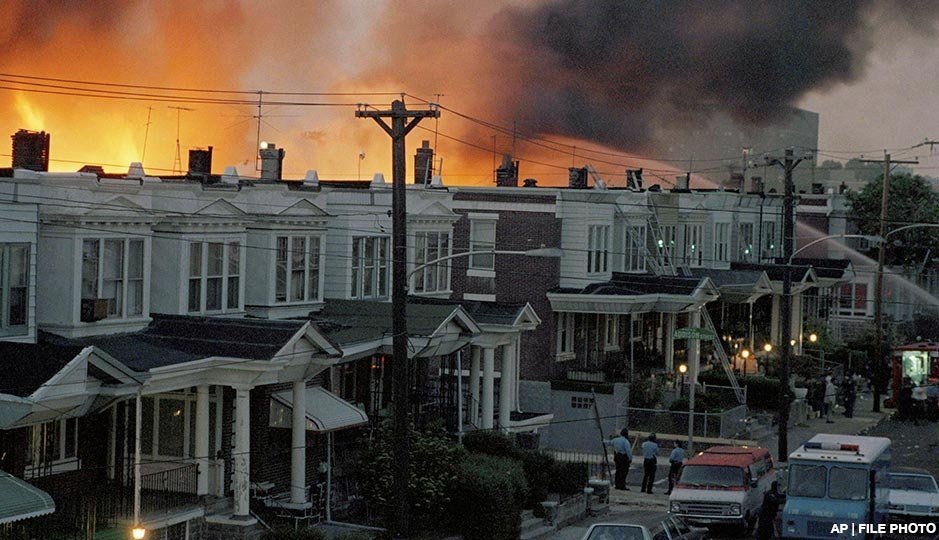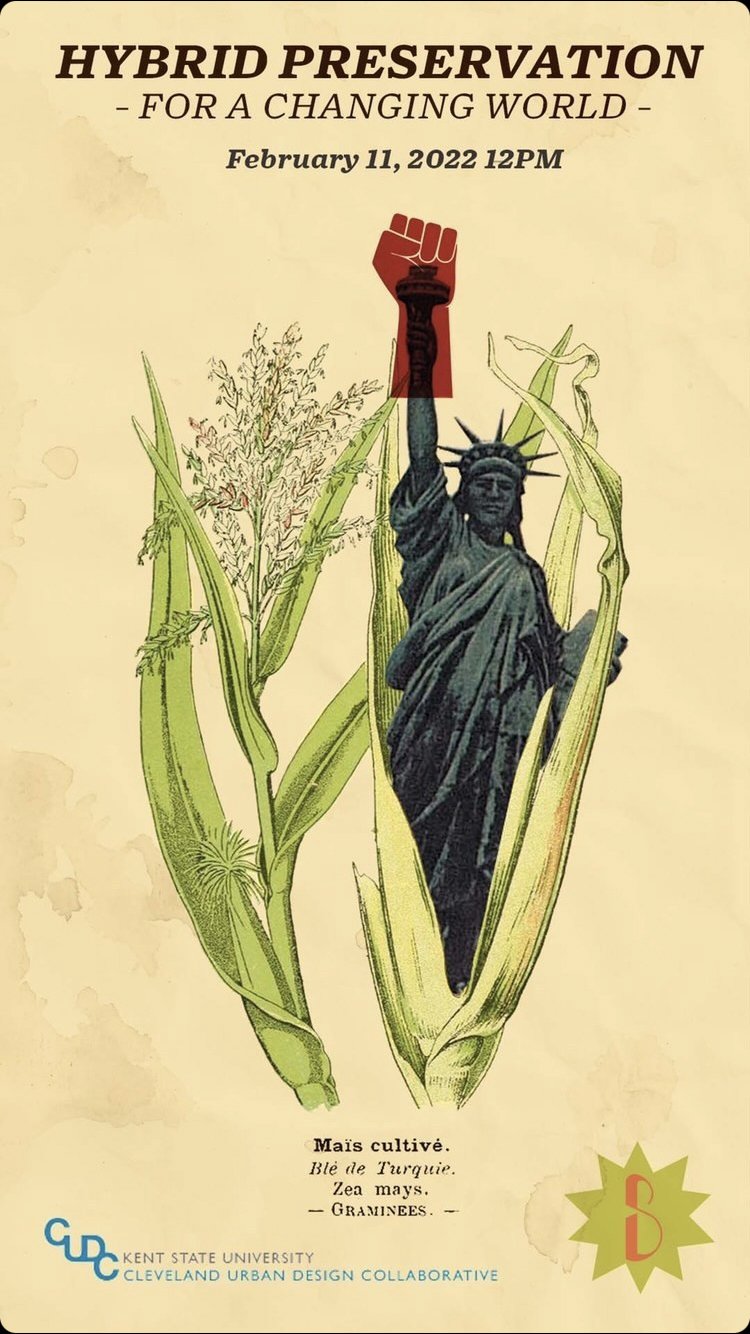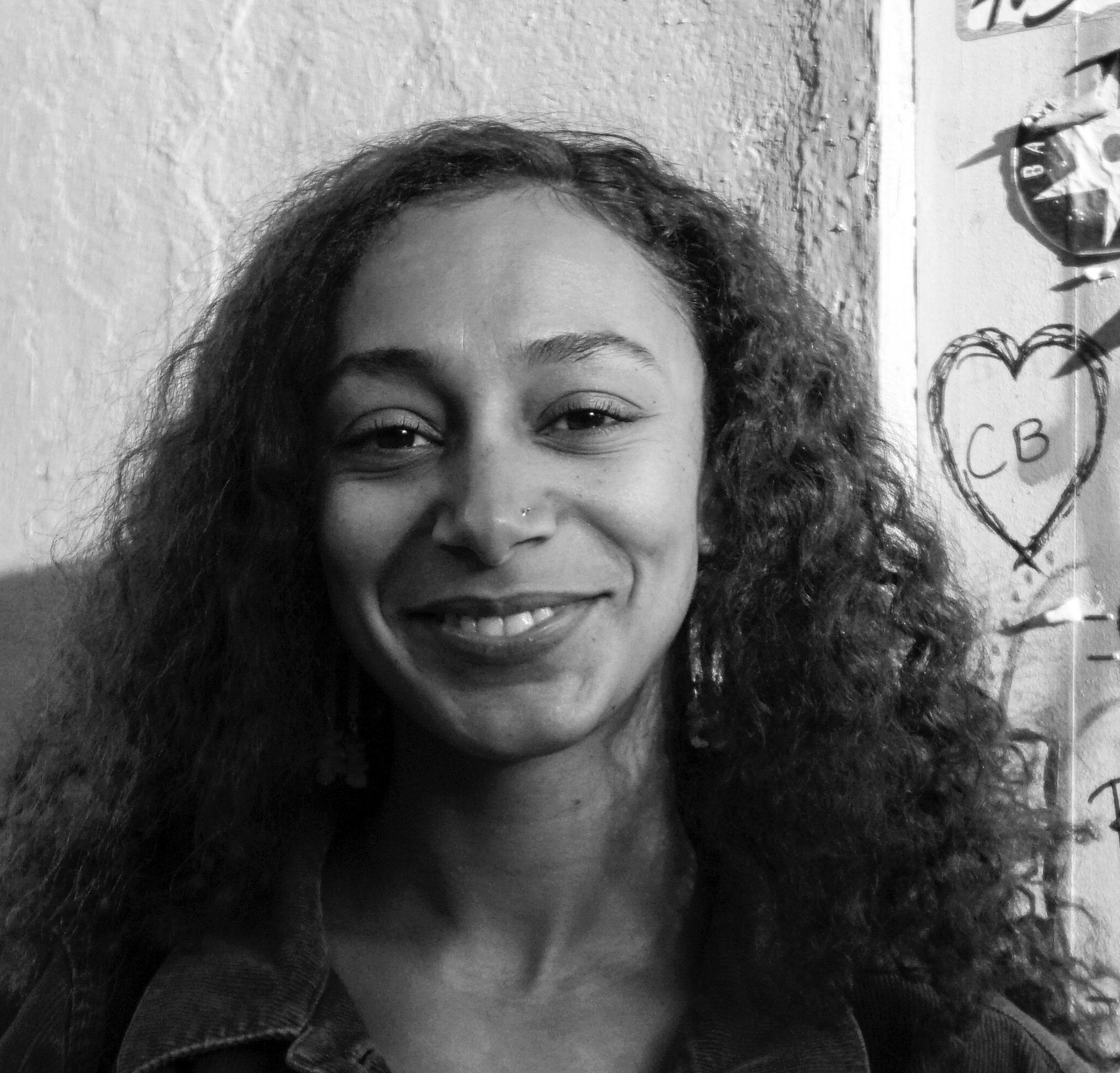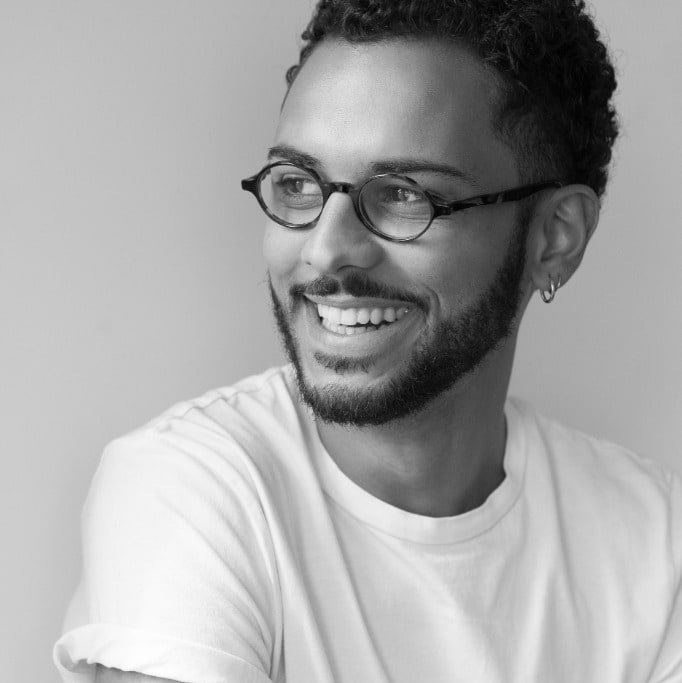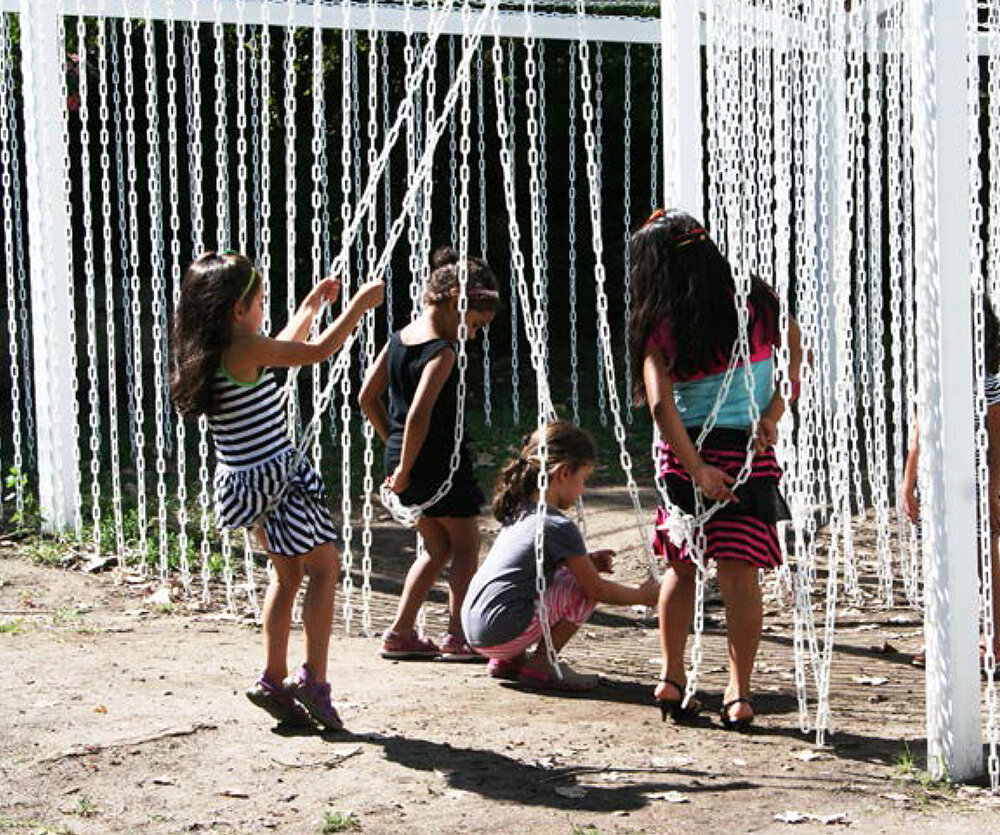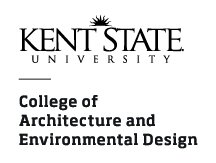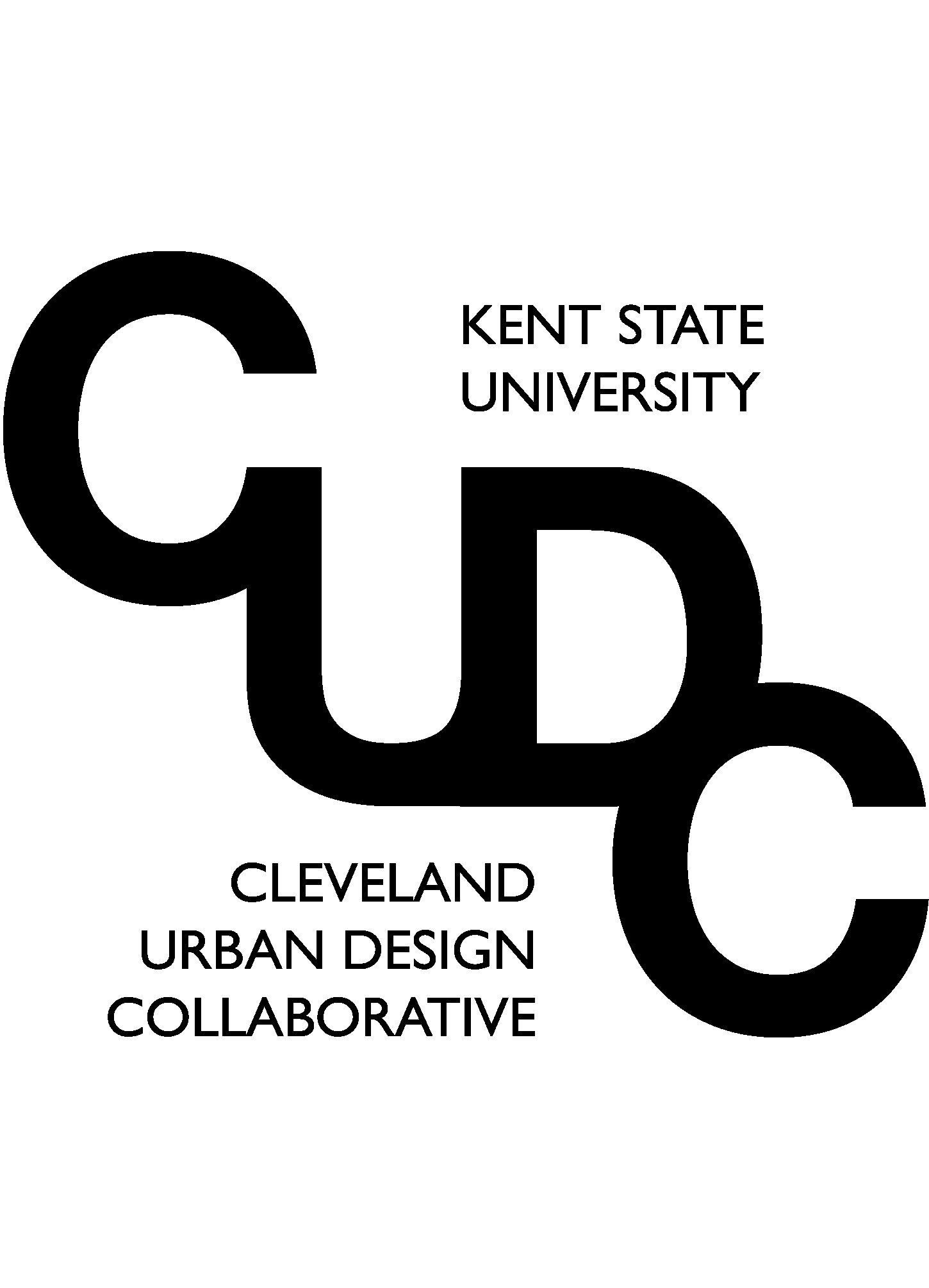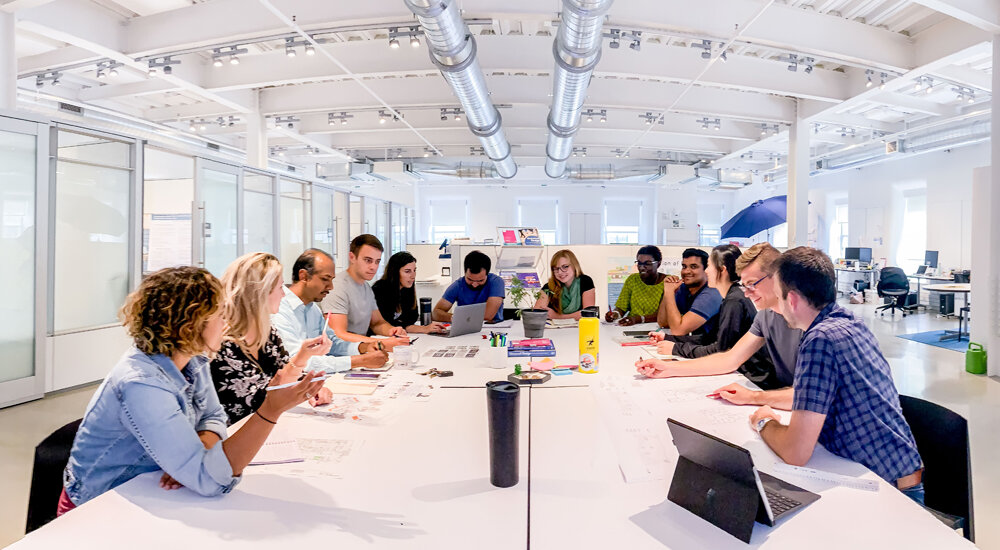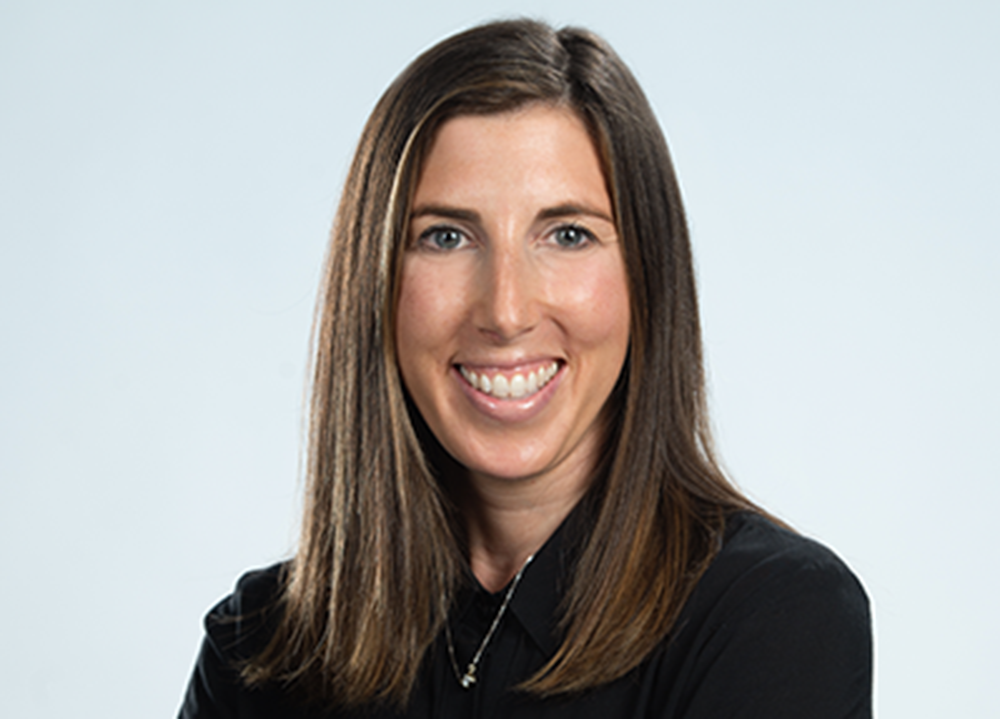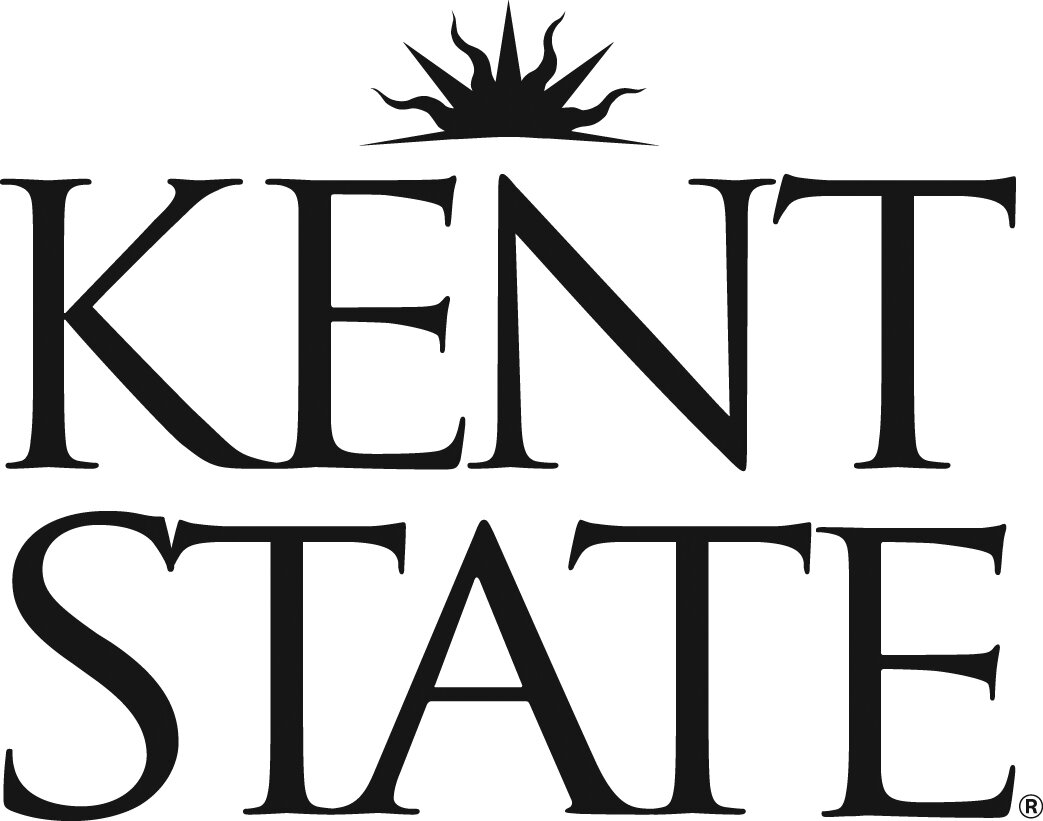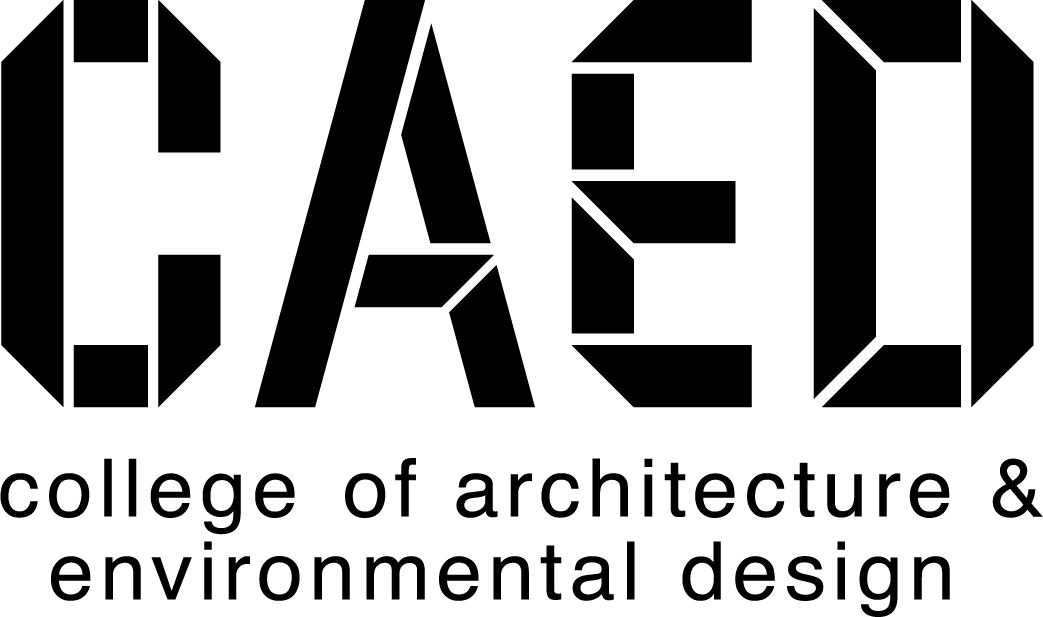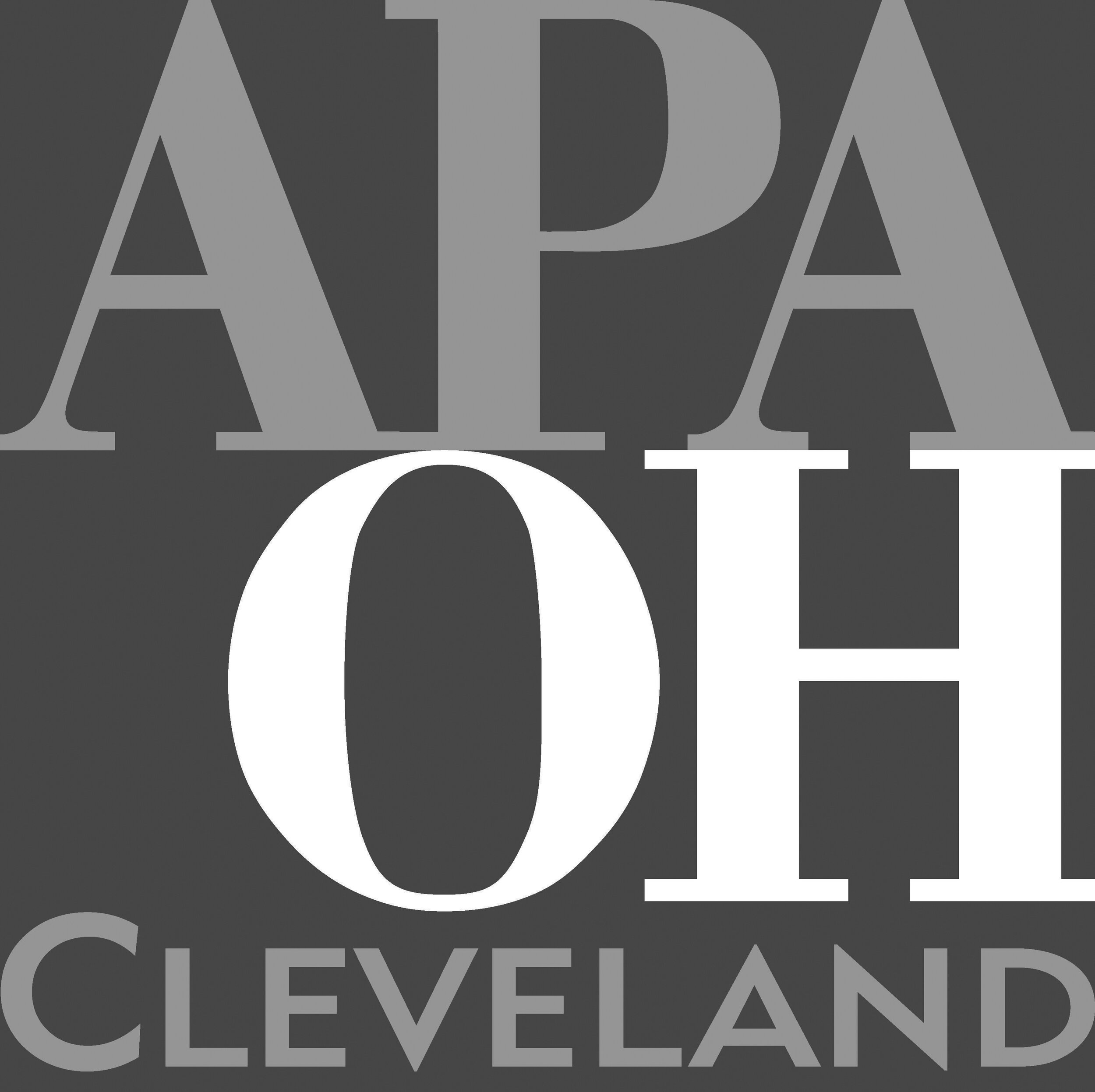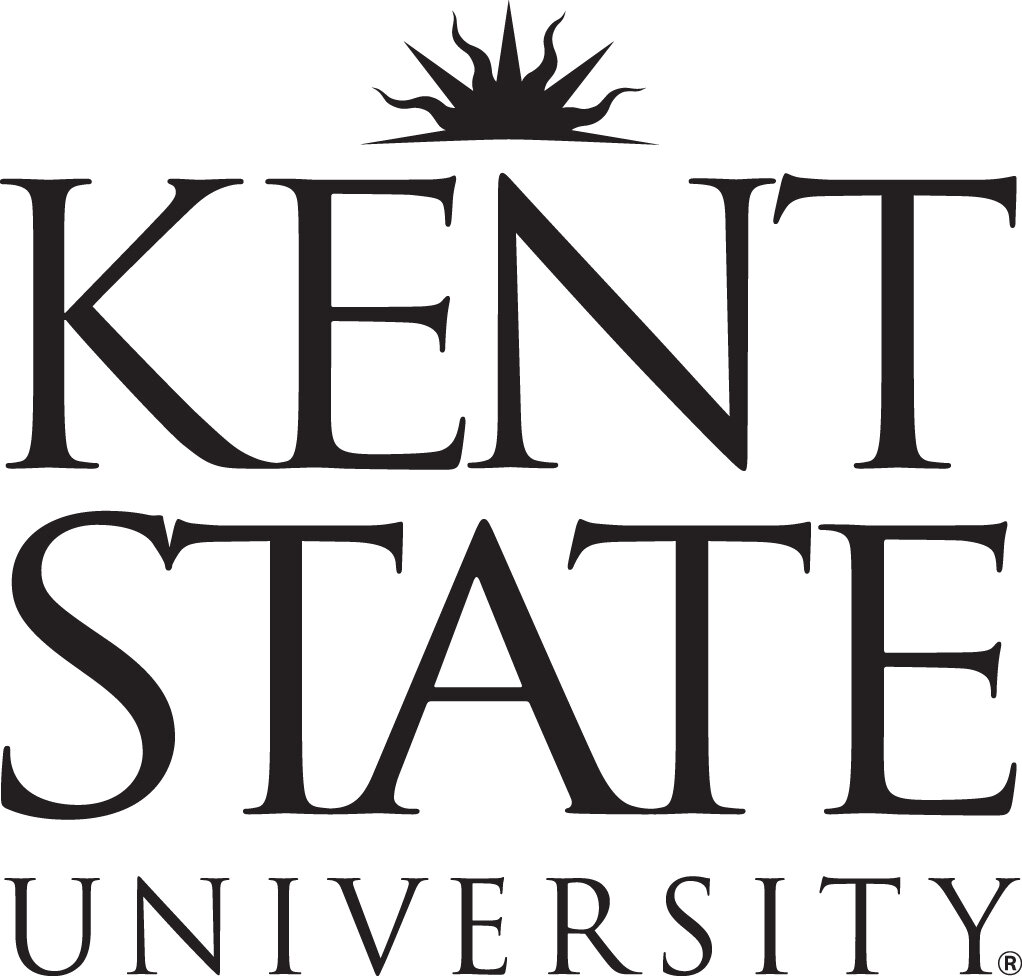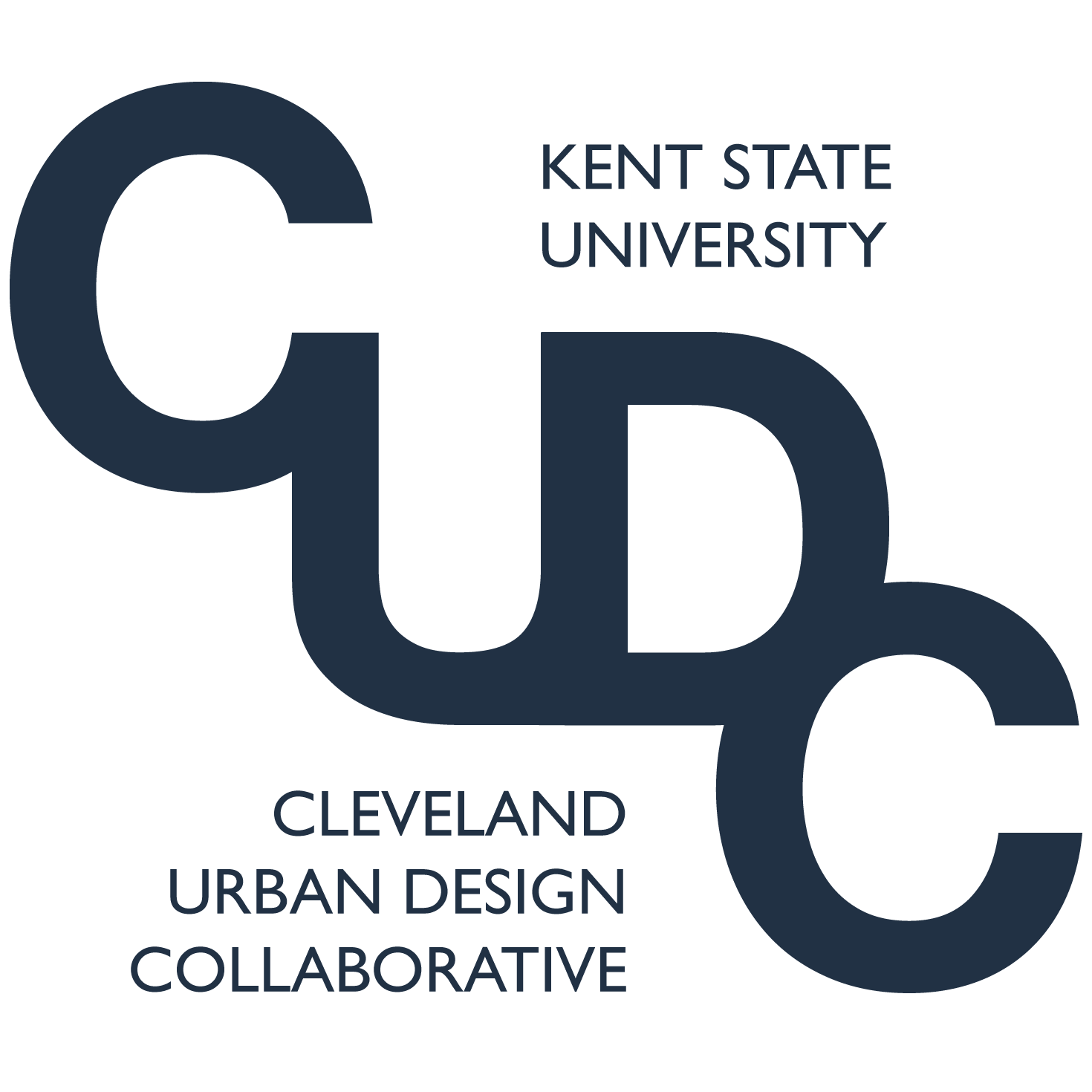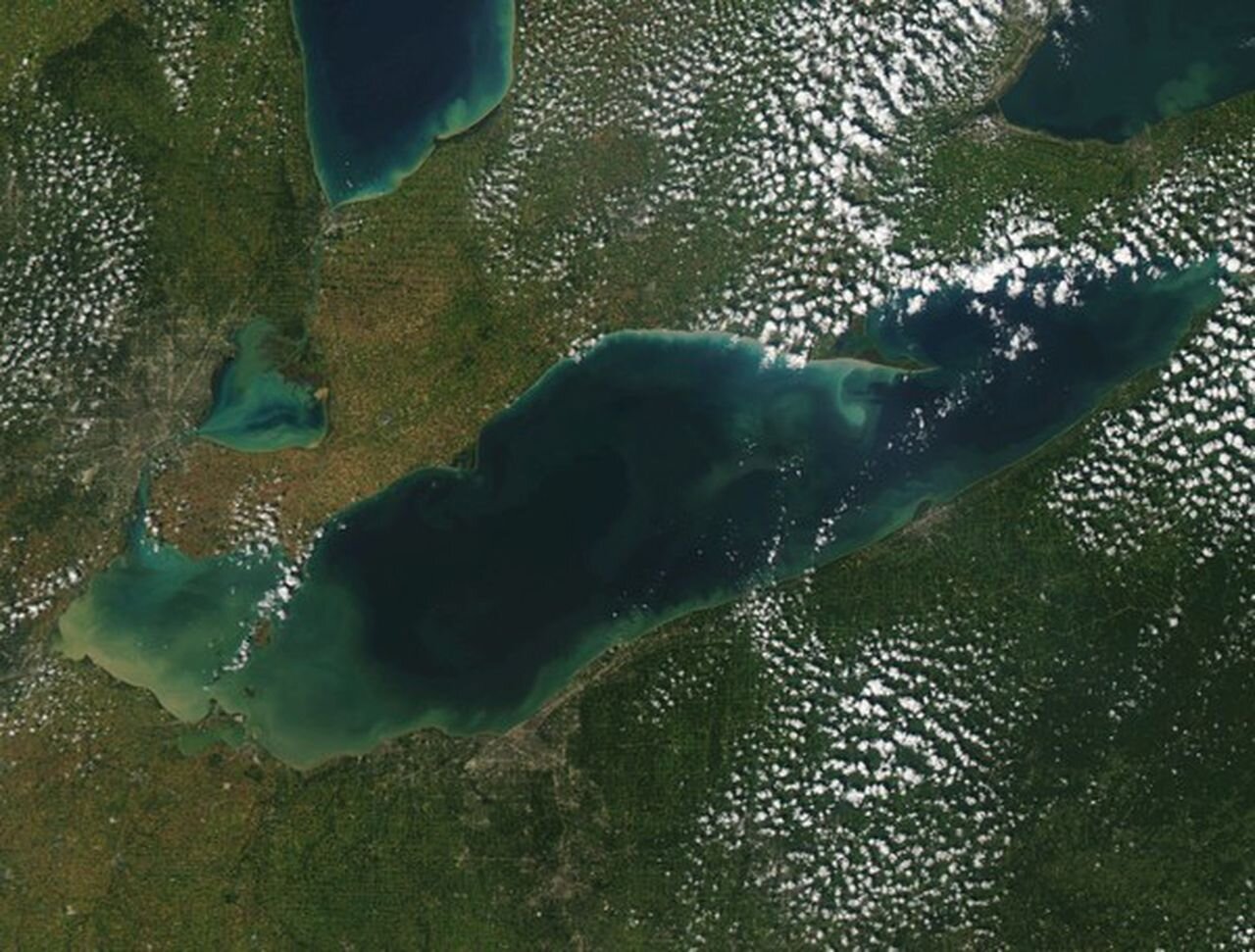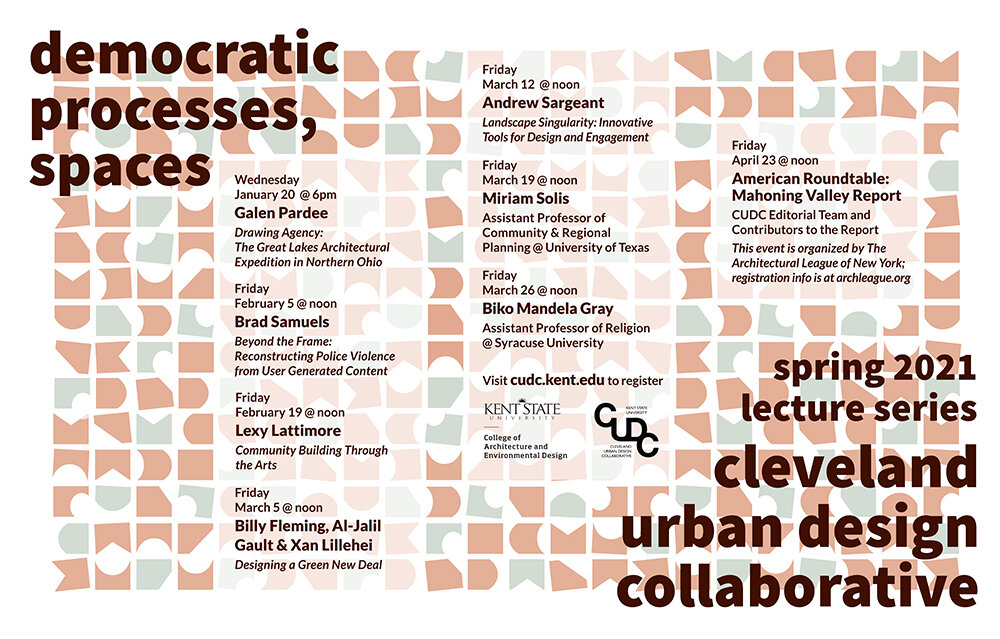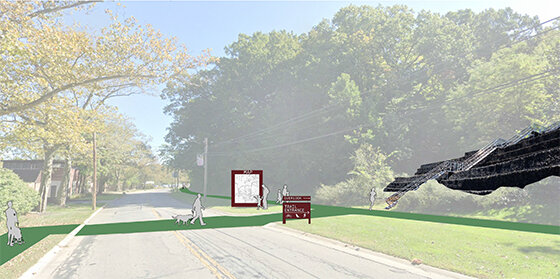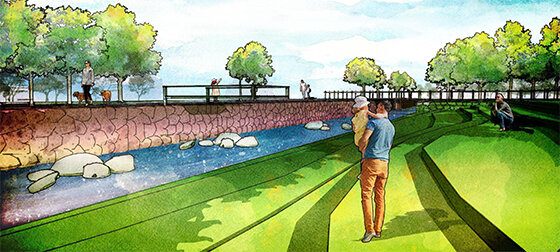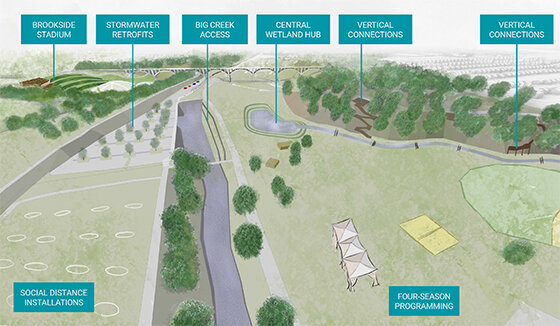The Great Lakes Architectural Expedition, created by Galen Pardee, explores early work of the titular Expedition, a public architecture office with Lake Erie as a client. Focusing on attempts to establish their roles as public advocates and draft the contours of non-human architect-client relationships, works on display include furniture at the Parliament for a Material World, prototypes for the Maumee Basin Phosphorous Co-Op, and models of the Last Impervious Surface in Portage County Ohio.
On December 8th, 2008, the States and Territories of Illinois, Indiana, Michigan, Minnesota, New York, Ohio, Pennsylvania, Wisconsin, Montreal, and Quebec, signed into law the Great Lakes-St. Lawrence River Basin Water Resources Compact [The Great Lakes Compact], prohibiting water removal outside the Lakes’ drainage basins and creating a sealed eco-political zone within the United States and Canada. On April 25th 2018, Wisconsin approved Foxconn’s request to withdraw seven million gallons of Lake Michigan water per day for a private LCD panel factory outside Racine: Foxconn claimed its factory’s water consumption a “public use” to skirt full Compact review. This feat of semantics exposed the Compact’s lack of actionable public water definitions, and created a leak in the Compact’s closed loop.
Finally, on February 26th, 2019, the citizens of Toledo, Ohio approved the Lake Erie Bill of Rights, granting the city legal guardianship of the Lake and its’ watershed. Unchecked agricultural runoff in 2014 had rendered Lake Erie’s water undrinkable for half a million people for days at a time: algal blooms would return regardless in July 2019. These three events inspired the foundation of the Great Lakes Architectural Expedition, an experimental public architecture office entrusted with protecting the spirit of the Great Lakes Compact, researching and designing the Watershed’s public realm, and advocating for the Compact’s human, non-human, and material subjects.
The Expedition’s mission has prompted a fundamental re-thinking of architecture’s role in the Great Lakes Megalopolis—engaging legal and physical terrains with equal dexterity, expanding architectural practice with non-human client structures, and transforming architects into agents for public materials in a world of increasing scarcity. Using archival models, drawings, documents, and studies, this rare glimpse into the office’s archives explores the organizational structure of the Great Lakes Architectural Expedition itself, as well as early attempts by the Expedition’s Lake Erie Board to establish their roles as public advocates and draft the contours of non-human architect-client relationships.

